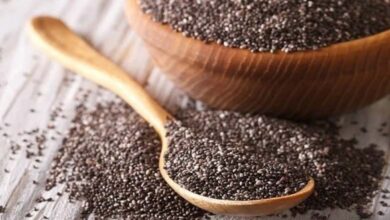What Is the Ideal Heart Rate During Exercise?

A normal resting heart rate ranges between 60 and 100 beats per minute, according to the UK’s National Health Service (NHS). However, during physical activity, the heart rate increases to supply the muscles with more oxygen and nutrients.
What Is the Optimal Heart Rate During Exercise?
Experts from the British Heart Foundation state that the target heart rate during exercise should be 50% to 70% of the maximum heart rate. The maximum heart rate can be estimated by subtracting your age from 220.
For example, if you are 35 years old, your target heart rate would be between 93 and 130 beats per minute. Experts emphasize that maintaining this range during exercise helps improve fitness without overstraining the heart.
It is also recommended to engage in 150 minutes of physical activity per week within this target range. This time can be divided throughout the week for easier adherence.
How to Know If Your Workout Is Effective?
According to the NHS, moderate exercise should:
- Increase your heart rate,
- Make you breathe faster,
- Make you feel warm.
In this case, you should be able to talk but not sing.
On the other hand, intense exercise makes speaking difficult, allowing only a few words before needing to pause for breath.
-
Benefits of morning exercises for weight loss and health improvement, along with important tips
-
Amazing health benefits of Chinese Tai Chi Exercise
Doctors advise consulting a healthcare professional before starting an exercise routine, especially if you haven’t exercised in a long time, have medical conditions, or have health concerns.
Experts frequently emphasize that the heart is a muscle that requires regular activity to stay healthy. Keeping your heart rate within the target range during exercise ensures a safe and effective way to improve your fitness.












